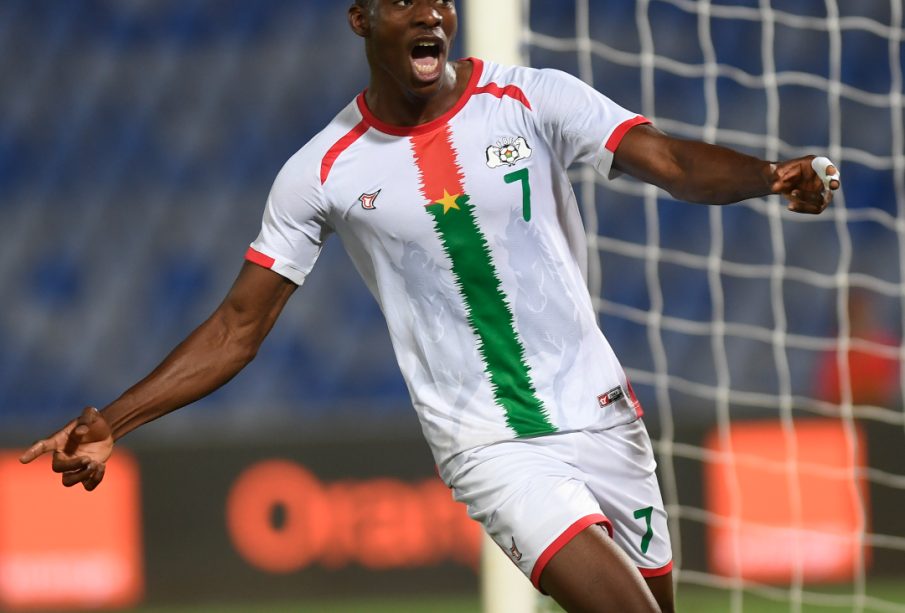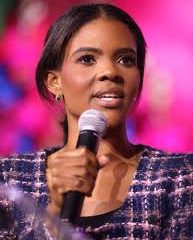Alassane Ouattara: Shaping Modern Ivory Coast Politics

Introduction
Alassane Ouattara currently holds the position of President of Ivory Coast, a role he has occupied since 2010. His leadership is crucial as it has significantly impacted the country’s political landscape and economic progress, especially following a tumultuous post-civil war period. Understanding Ouattara’s influence is essential for grasping the dynamics of contemporary Ivorian society and its governance.
Political Background
Ouattara was born on January 1, 1942, in Dimbrokro. He began his career as an economist and served in various positions within the International Monetary Fund (IMF) and the World Bank. His return to Ivory Coast saw him become Prime Minister in the 1990s. However, his political journey has not been without challenges. Following his initial presidency victory in 2010 amid a controversial election, Ouattara’s tenure marked an era of political stability after years of tension.
Major Initiatives and Achievements
Under Ouattara’s administration, Ivory Coast has seen significant economic growth. The government has focused on infrastructure development, agricultural reforms, and attracting foreign investment. Reports from the World Bank indicate that Ivory Coast experienced a remarkable GDP growth rate, peaking at around 8% in the years following his election. Additionally, Ouattara has been instrumental in fostering national reconciliation initiatives aimed at healing the divisions caused by the civil wars.
Current Challenges
Despite these achievements, Ouattara faces criticism and challenges, especially concerning political opposition, freedom of expression, and governance. The recent 2020 elections were marred by allegations of authoritarianism, with protests erupting in response to his decision to run for a third term. Critics argue that his administration has increasingly curtailed democratic freedoms, prompting discussions on the future of democracy in the country.
Conclusion
Alassane Ouattara has undeniably shaped the landscape of modern-day Ivory Coast through his economic policies and leadership style. As Ivory Coast approaches future elections, the implications of his leadership will become increasingly significant. Observers and citizens alike will be watching closely to see how Ouattara navigates the challenges of governance while maintaining the stability and economic growth that many Ivorians have come to expect. The next few years will be crucial in determining both his legacy and the future trajectory of the nation.








